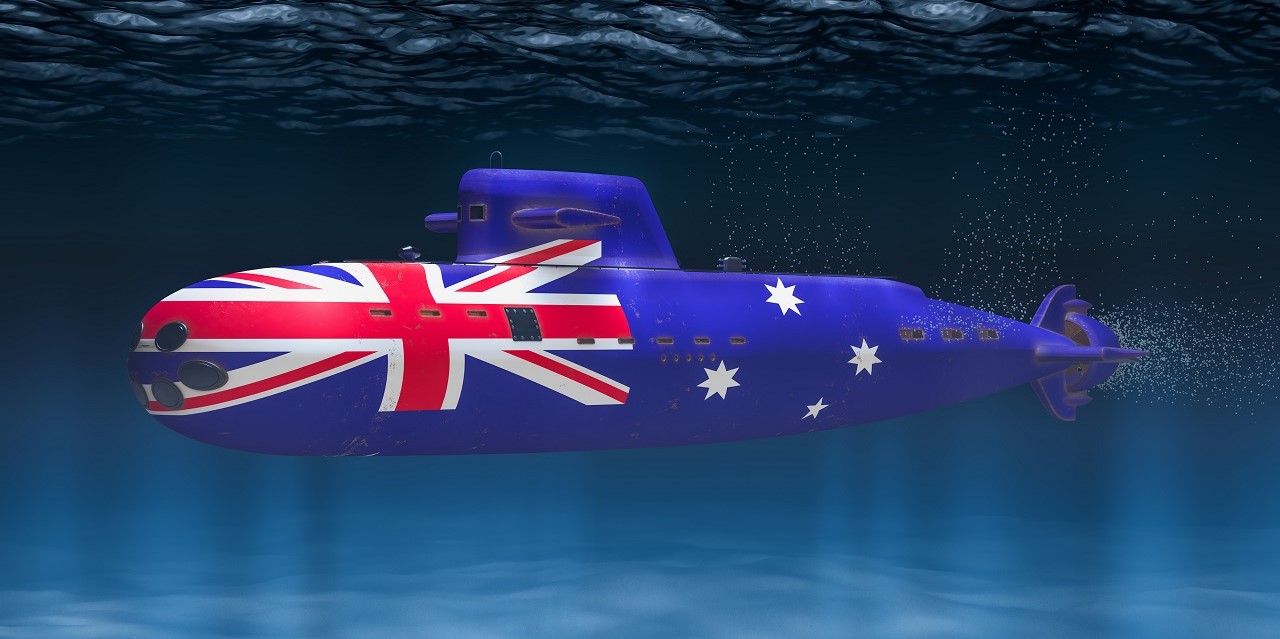The UK’s House of Lords has called for the expansion of the AUKUS alliance—comprising Australia, the United Kingdom, and the United States—to incorporate Canada, Japan, and South Korea, underscoring a critical shift in global security dynamics.
During a recent debate in the House of Lords, the upper house of the Parliament of the United Kingdom, Lord Udny-Lister identified AUKUS as a “key pillar” of the UK’s defense strategy in the Indo-Pacific region, according to the UKDJ.
This partnership not only enables Australia to acquire nuclear-powered submarines but also promotes collaboration on cutting-edge military technologies such as artificial intelligence, quantum computing, and hypersonics.
Lord Udny-Lister asserted that AUKUS enhances the UK’s security while creating opportunities for technological innovation and military exports, particularly in the Indo-Pacific.
Several members highlighted the strategic advantages of expanding AUKUS to include Canada, Japan, and South Korea. Lord Hannan explained that this broader alliance could counter authoritarian states, promoting democratic values and cooperative security.
Lord Bilimoria echoed these sentiments, stating that “expanding AUKUS would fortify international security and deepen technological and economic ties among allies.”
Economic considerations were also a focal point of the debate, with many lawmakers noting the potential benefits for the UK’s defense sector.
Lord Bilimoria pointed out that AUKUS could significantly bolster the UK’s defense industries by creating demand for highly skilled jobs and manufacturing opportunities.
However, Baroness Bennett, an Australian-British politician and journalist, raised important concerns about the environmental and fiscal implications of a nuclear-focused strategy, questioning its relevance to contemporary defense needs.
The members argued that Canada, Japan, and South Korea’s potential inclusion in the AUKUS alliance represents a critical opportunity to strengthen global security cooperation among democratic nations.

Canada Eyes AUKUS Pillar Two Membership
The AUKUS defense partnership aims to supply Australia with nuclear-powered submarines by the next decade. It also plans to collaborate on advanced weaponry to enhance security across the Indo-Pacific as China’s naval presence expands.
AUKUS leaders have indicated that the alliance’s technological capabilities could eventually be extended beyond the initial three countries. Leaders from Australia, the UK, and the US have expressed that new allies could join AUKUS “Pillar Two,” which centers on non-nuclear defense links.
Countries currently in talks to join Pillar Two include Canada, South Korea, Japan, and New Zealand. In particular, Canada has voiced interest, which will emphasize cooperation on emerging military technologies, such as AI and quantum computing.
Canada aims to expand its security presence in Asia, with a special focus on strengthening ties with Japan and South Korea, alongside increasing its defense budget to meet growing demands at home and abroad.
Canada’s Defense Minister Bill Blair recently confirmed this budget boost, stating, “Next year, my defense budget will rise by 27% over this year, and, frankly, in the next three or four years, our defense spending will triple.”

Canada’s recent policy shifts, including updates to its Investment Canada Act and the 2022 Critical Minerals Strategy, also align with AUKUS objectives by promoting the secure production of essential resources for defense.
However, the Trudeau government’s current pledge to increase defense spending to 1.76% of GDP by 2030 has drawn criticism for falling below NATO expectations. Canada is lagging in meeting the transatlantic alliance’s 2% GDP defense spending target.
The allies are urging Canada to accelerate its defense investments, given that it met the 2% target only until the early 1970s.
Participation in AUKUS Pillar Two could ease concerns over Canada’s long-term capability to support its allies, given its deep integration within regional trade under the United States-Mexico-Canada Agreement (USMCA).
Canada’s involvement in Indo-Pacific tech collaborations under AUKUS may well become a necessity rather than a choice.
In an op-ed, Mohammed Soliman, director of the Strategic Technologies and Cyber Security Program at the Middle East Institute, and Elliot Silverberg, a nonresident scholar at the same institute, remarked that despite critiques labeling Canada’s global security efforts as “shameful” or branding it as “America’s least helpful ally,” little progress has been made in integrating Canada into AUKUS discussions.
They contended that Canada should logically be considered for any potential AUKUS expansion. Yet, its current exclusion raises concerns about both Ottawa’s commitment and the alliance’s ability to grow effectively beyond its original members.
However, this ambition comes at a time when Canada’s relationship with India—a key player in the Indo-Pacific region—has reached a historic low. Although India is not a member of AUKUS, its role in promoting regional stability and countering China’s influence is critical.
- Contact the author at ashishmichel(at)gmail.com
- Follow EurAsian Times on Google News




